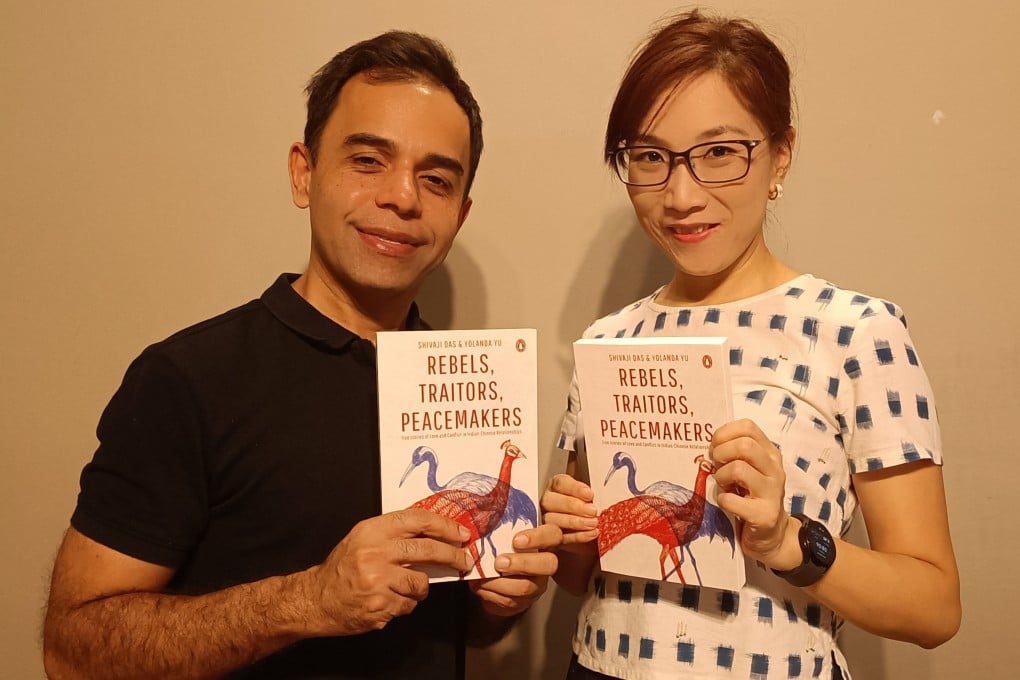From ‘traitors’ to ‘peacemakers’: Indian-Chinese couples share challenges of mixed marriages in new book
- ‘Rebels, Traitors and Peacemakers’ charts how Indian-Chinese couples overcome familial opposition and cultural norms to create new identities for themselves
- At a time of tense ties between India and China, the book’s authors say their work is ‘vital’ to help bridge differences and build understanding between the communities

Back in 2000, when Josephine Chung, a woman of Chinese descent from the southern Indian city of Hyderabad, told her family that she wanted to marry Abhishek Jaiswal, a man of Indian origin, her parents locked her up in her room for a couple of days and beat her up. Her brothers monitored the messages and call lists on her mobile phone.
Being from a conservative Chinese family, they couldn’t accept Chung’s relationship with an Indian man because marrying outside their race was a matter of “shame”.
In 2008, Josephine left India for the United States – first to New York, then to California – to pursue her higher education. Jaiswal was able to join her soon after. Far from the influence of their families, they eventually got married in 2013.
Chung and Jaiswal – now both US citizens – are one of 14 Indian-Chinese couples who share how they got together, despite all the challenges, in a new book titled Rebels, Traitors and Peacemakers: True Stories of Love and Conflict in Indian-Chinese Relationships. These couples – hailing from China, Singapore, Malaysia, Australia, India, Nepal, Canada, the US and Britain – all defied their family and cultural norms to be with each other.
With the historically strained ties between India and China helping create a host of negative biases between the two countries, these couples are often labelled as “traitors” for falling in love with someone from the “enemy” country.
“The stories we heard and documented provided powerful examples of how Indian and Chinese people can reach out to one another, bridging cultural barriers and surmounting formidable challenges imposed by families,” the book’s co-author, 45-year-old Shivaji Das, who works in a research and consultancy firm in Singapore, told This Week In Asia.
